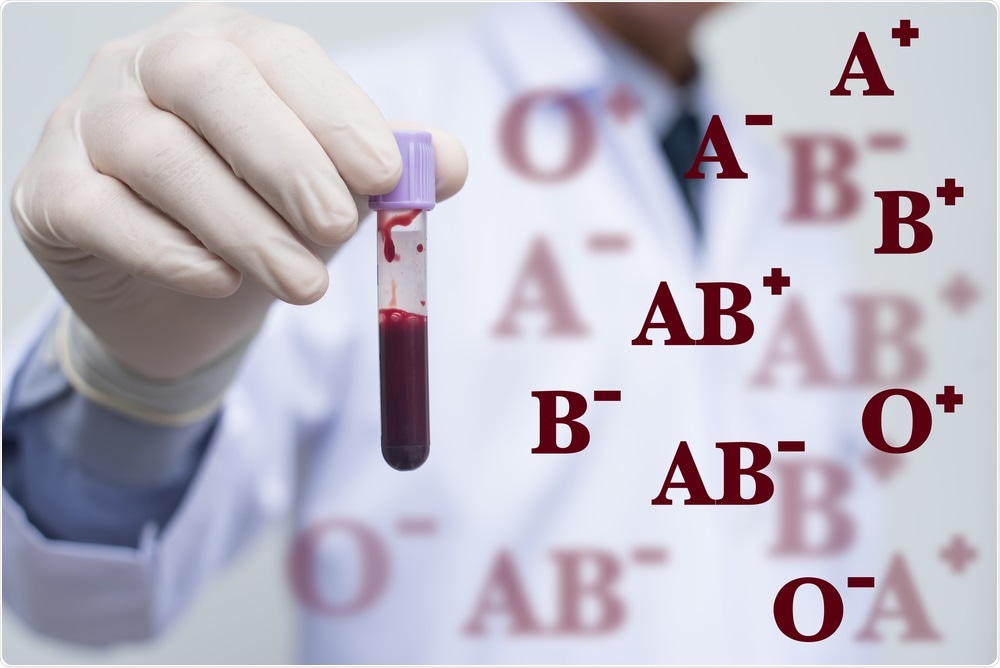
The other genomic region the researchers identified shows up on the human chromosome 3 and contains several genes of interest. One is SLC6A20, which encodes an amino acid transporter that interacts with ACE2, the main receptor that SARS-CoV-2 uses to get into human cells. Two other genes in this cluster encode immune system–related chemokine receptors: the C-X-C motif chemokine receptor 6 and the CC-motif chemokine receptor 9. Both proteins play a role in T cell differentiation and recruitment during influenza viral infections. The odds of being hospitalized with respiratory failure from COVID-19 were 1.77 times higher for those with the variants on chromosome 3 than for people without this genotype.
Benjamin Fairfax, a geneticist at the University of Oxford who did not participate in the study says, "The findings for both the chromosome 3 and blood group loci need to be replicated to give more insight into the underlying biological mechanisms of the disease."
Scientists believe these findings are a "good first step," but more information is needed in order to make any definitive conclusions.
Links:
https://www.the-scientist.com/news-opinion/two-genetic-regions-linked-with-severe-covid-19-67619
https://www.news-medical.net/news/20200618/Blood-types-and-COVID-19-risk-confirmed.aspx
No comments:
Post a Comment